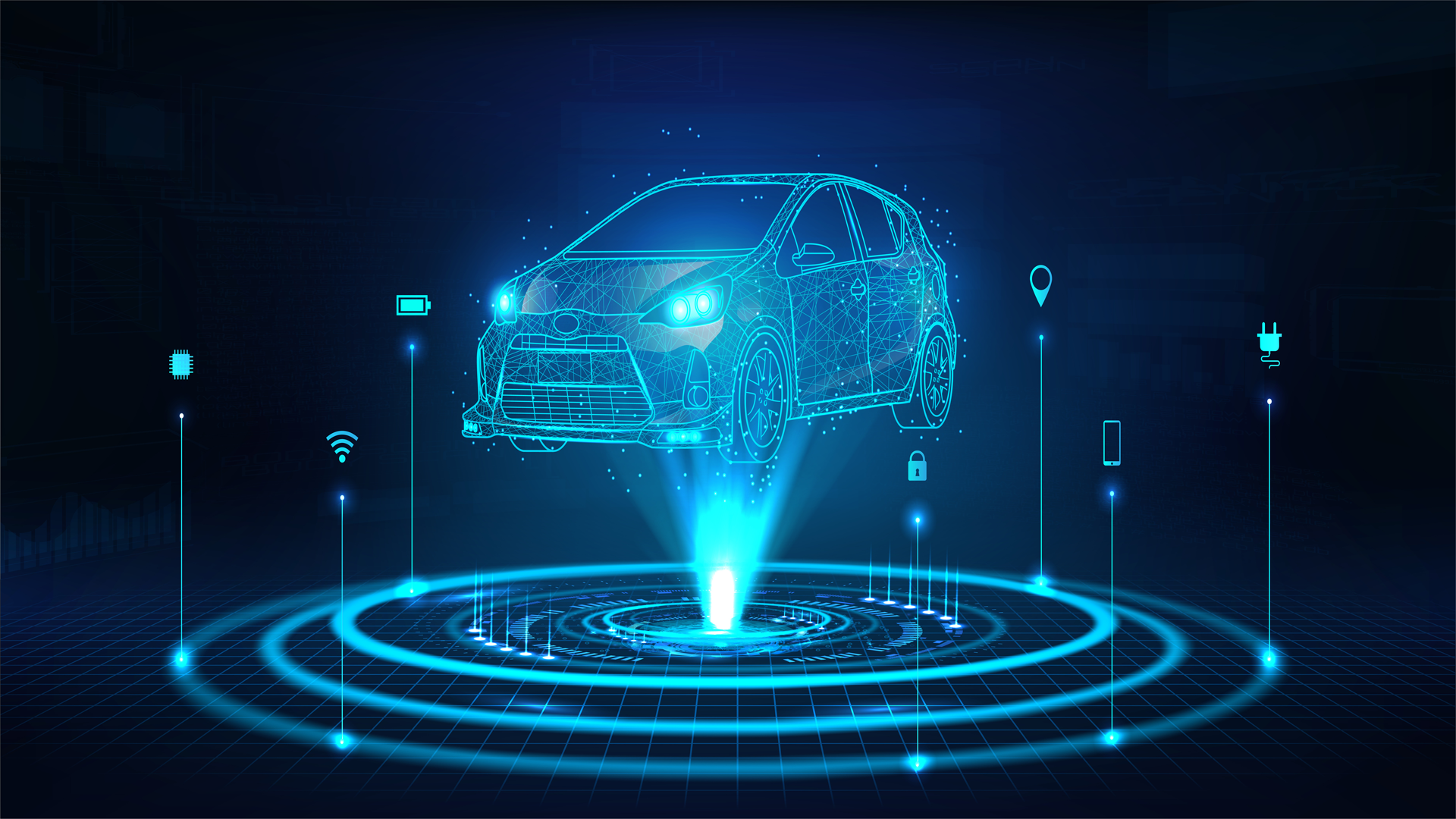Opportunities and Challenges for Michigan’s Mobility Industries
The gauntlet for the future of mobility has been thrown before our Michigan economy; and Industry 4.0 — aka Smart Manufacturing or the Industrial Internet of Things (IIoT) — will play an essential role in what results.
In previous eras, as we passed through different phases of industrial reorganization, there were often trenchant observers of what was taking place and the consequences. Think of Charles Dickens and industrial Victorian England. Of course, as the pace of innovation and new principles of industrial design and manufacture evolve, it is easy to get lost in the rush of developments.
This happened somewhat during what we now call the Information Age. It took a good while to more fully grasp the gains in productivity being made at all levels of organizations, the speed at which we needed to conduct business and the changing nature of work, i.e. welcome remote knowledge workers.
However, in today’s warp speed global economy we don’t enjoy the luxury of time to “think things out.” The pace of change is so great; the developments in basic sciences, materials, fabrication, the regulatory environment and consumer tastes so rapid, as well; and the stakes so great.
However, just as Henry Ford’s assembly line resulted in profound changes to modern society, so promise new applications of smart technology and manufacturing (employing real-time data sharing and analysis, machine learning, artificial intelligence, new forms of connectivity and decision-making) to once again revolutionize product development, the nature of work and the ways in which society organizes itself.
Automakers respond
The emergence of and commitment by major global OEMs to electric vehicles, along with the advent of Industry 4.0, has many implications for automakers: raising the competitive stakes of what are substantial investments, along with the possibility of new revenue streams for innovators.
The transition in propulsion systems from the internal combustion engine to electric power, including from our U.S. Big Three, is notable, but only a part of the technological revolution in mobility that Industry 4.0 will drive and assist. Exciting technology underway includes self-driving vehicles, communication among vehicles, intelligent traffic control systems, crash avoidance systems and increasing use of sensors and communication portals. Cybersecurity is of increasing concern, as will be driver capabilities and acceptance. Artificial intelligence and autonomous behavior will apply both on the shop floor and in the real world.
Today’s vehicle is not quite HAL-9000 on wheels, but it may be getting there. Regardless, as industries transform, all mobility companies need to become at some level software companies. This shift in the business model, which has already begun, will be monumental for many key players, as well as their traditional supply chain partners and related vendors.
For example, automakers like General Motors, with its decision to focus on all-electric vehicles, envisions substantial growth opportunities and revenue generation from non-vehicular platforms as it transforms into more of a software-focused company that just happens to make hardware, also known as cars. Infotainment and navigation services are just the beginning of a host of potential, lucrative vehicle-hosted software services. As part of this process, much of the new hiring in the automotive industry will be more about software expertise and, perhaps, less about traditional engineering disciplines.
Anticipating impacts
It is important to consider whether our new technologies, processes and resultant products will make individual vehicles and our transportation systems safer, more reliable, more environmentally sound and more economical to operate, along with garnering consumer acceptance.
This is where Newtonian physics still bumps into the Einsteinian one, as it were. Challenges remain with electric vehicle batteries with respect to total costs, dollar-wise and environmentally; reliability and vehicle repair; charging infrastructure; and life cycle management. There are already trials under way in using “spent” batteries no longer sufficient for vehicles for other energy generation tasks.
Similar thinking also applies to transforming the automotive supply chain for EVs, the vehicle repair infrastructure and what dealerships of the future may look like. Will vehicles one day be exclusively manufactured to order; and how will we recycle them? Will it be practical to harvest parts from retired vehicles to repair active ones, as we do now? What will be the sustainability quotient for vehicles of the future?
Most interestingly, will the vehicles of tomorrow have the same visceral appeal to drivers and tinkerers, from family station wagons to souped-up roadsters?
Closer to home, Industry 4.0 comes down to global competitiveness and, as just suggested, industry and invention in the service of large-scale social challenges like the future of personal and mass transportation, our environment and our Michigan economy. These are great challenges that make for exciting times.
Mike Szudarek leads Marx Layne & Company’sautomotive practice and has more than two decades of experience counselingclients in the automotive and technology sectors. He previously served with a Fortune500 company and has been on both the corporate and agency side of thecommunications business, understanding first-hand the many issues andchallenges businesses face. He has experience working with OEMs, Tier 1suppliers, and aftermarket industries, in addition to a specialization inmobility and autonomous driving. Szudarek holds memberships with the AutomotivePress Association and the Public Relations Society of America. Marx Layne &Company has over three decades of experience guiding businesses large and smallthrough crises.




